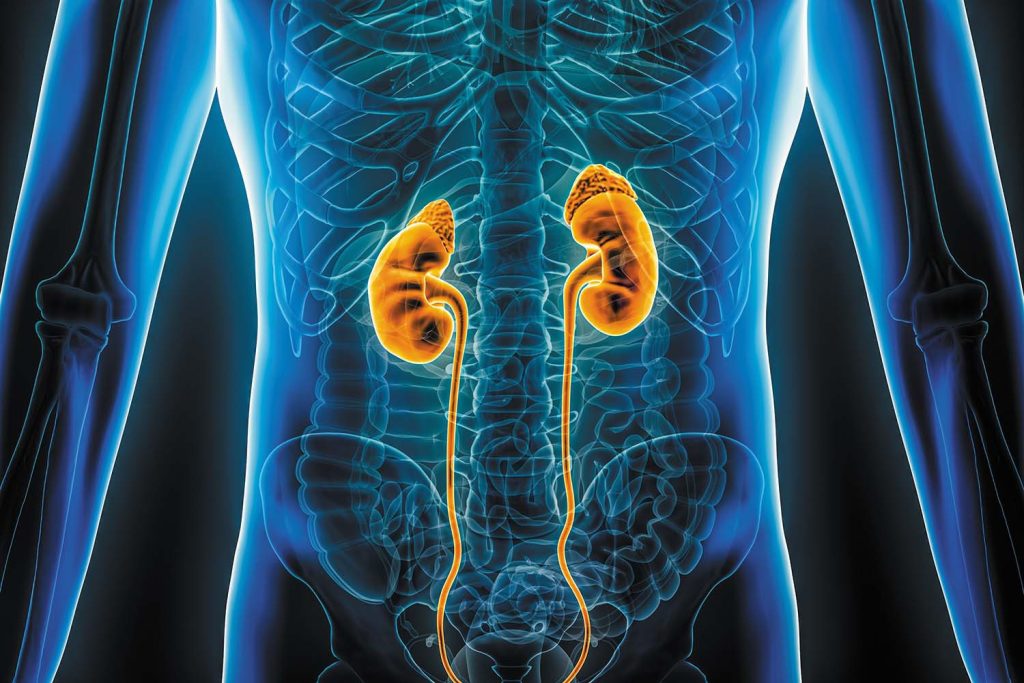Kidneys play a crucial role in keeping the body balanced, filtering waste, and regulating fluids. When they are not functioning properly, the body often gives subtle warnings long before a serious condition develops. Recognizing these early signs can help prevent long-term complications and encourage people to seek timely medical support. Below are eight signals that deserve attention.
1. Persistent Fatigue and Low Energy
One of the most common early indicators of decreased kidney function is constant tiredness. When kidneys are not filtering waste efficiently, toxins can build up in the bloodstream. This can make someone feel unusually exhausted, even after getting plenty of rest. While low energy can come from many causes—like lack of sleep or stress—ongoing fatigue should not be brushed off, especially if it is combined with other physical changes.

2. Swelling in the Legs, Ankles, or Face
Kidneys help regulate fluid balance. When they struggle to remove excess water, swelling may appear in the lower legs, ankles, feet, or even around the eyes. This puffiness might be more noticeable in the morning or after sitting for long periods. Although swelling can also result from standing too long or eating too much salty food, frequent or unexplained fluid retention could signal kidney strain.
3. Changes in Urination Habits
Alterations in bathroom patterns are another key sign. This might include urinating much more often, especially at night, or producing less urine than usual. Some people notice that their urine turns unusually foamy or bubbly, which can indicate protein loss. Others might experience discomfort while urinating. Any significant shift in regular habits is worth discussing with a healthcare professional.
4. Lower Back or Side Discomfort
Kidney-related discomfort is often felt on either side of the spine, just below the ribcage. This sensation may feel like a dull ache rather than sharp pain. While muscle strain can cause similar feelings, persistent or recurring discomfort in this area can point to kidney issues or infection. It is important not to self-diagnose and instead seek advice if the sensation continues.
5. Constant Dry or Itchy Skin
Healthy kidneys maintain proper mineral and nutrient levels in the body. When these levels become unbalanced, the skin might become dry, itchy, or irritated. Even with moisturizer, the itchiness may continue. This sign alone doesn’t confirm a kidney problem, but combined with other symptoms, it can provide important clues about what might be happening internally.
6. Metallic Taste or Bad Breath
A buildup of waste products in the bloodstream can affect taste and breath. Food may suddenly taste metallic or unpleasant, and some people notice chronic bad breath that doesn’t improve with brushing. Lost appetite or unexpected weight changes can also accompany these changes in taste. These shifts occur because the body is struggling to clear toxins effectively.
7. Trouble Concentrating or Feeling Light-Headed
When kidney function declines, the amount of oxygen carried through the blood may decrease. This can make someone feel dizzy, unfocused, or mentally “foggy.” If concentration becomes unusually difficult or light-headedness appears without a clear reason, it may be linked to poor kidney performance.
8. Shortness of Breath
In more noticeable cases, fluid can build up in the lungs when kidneys cannot remove excess water properly. This can cause difficulty breathing, especially during physical activity or at night. While shortness of breath has many potential causes, recurring or unexplained episodes should always be checked.

A Reminder to Pay Attention to Your Body
Kidney problems often develop quietly, which is why noticing small changes matters. While these signs do not automatically mean something serious is wrong, they should encourage someone to talk to a healthcare provider who can offer proper guidance. Early attention can make a meaningful difference in protecting long-term kidney health.

















